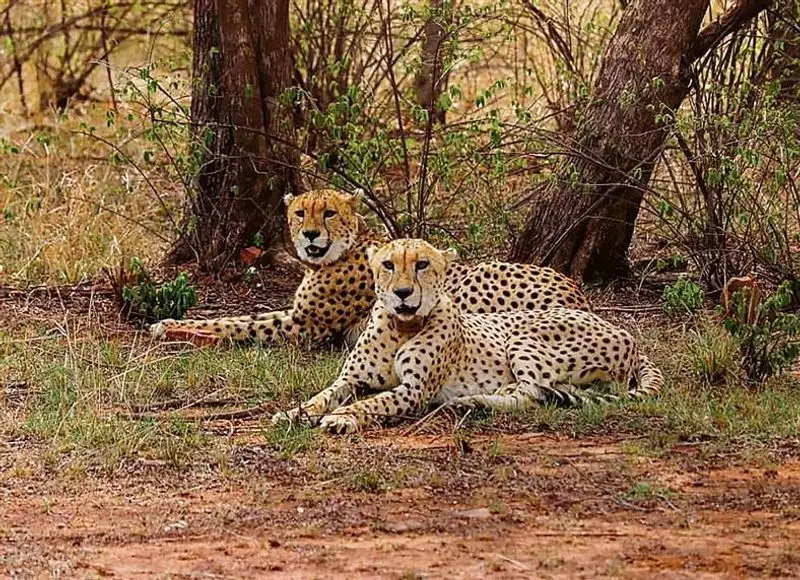
In a landmark move for global wildlife conservation, India and Botswana have officially announced a comprehensive cheetah translocation agreement. This historic pact marks a significant step forward in India's ambitious Project Cheetah initiative, which aims to reintroduce the majestic big cat to Indian soil after decades of local extinction.
The Diplomatic Breakthrough
The agreement was formally announced on Monday following high-level discussions between Indian External Affairs Minister S. Jaishankar and Botswana's President Dr. Mokgweetsi E.K. Masisi. The diplomatic meeting, which covered broader bilateral relations, yielded this specific conservation breakthrough that has excited wildlife experts across both nations.
The cheetah translocation pact represents one of the most significant wildlife transfer agreements in recent history, potentially involving multiple cheetahs being relocated from Botswana's thriving populations to carefully selected Indian wildlife reserves.
Project Cheetah Gains Momentum
This new agreement with Botswana comes as India's Project Cheetah continues to expand. The program had already seen initial success with cheetahs transferred from Namibia to Kuno National Park in Madhya Pradesh. The addition of Botswana as a partner nation significantly enhances the genetic diversity and long-term sustainability of India's cheetah reintroduction efforts.
Botswana, known for its robust cheetah conservation programs and healthy population of these magnificent cats, provides an ideal source population for the translocation initiative. Indian conservation authorities have been working diligently to identify suitable habitats and prepare infrastructure to accommodate the new arrivals from African territories.
Conservation Implications and Future Prospects
The India-Botswana cheetah translocation agreement extends beyond mere animal transfer. It encompasses comprehensive cooperation in wildlife conservation technology, expert exchange programs, and long-term monitoring of translocated cheetahs. Both nations have committed to sharing scientific knowledge and conservation best practices.
This partnership demonstrates how international cooperation can drive meaningful conservation outcomes. The successful implementation of this agreement could pave the way for similar conservation initiatives involving other endangered species and strengthen India's position as a global leader in wildlife preservation.
As preparations move forward, wildlife enthusiasts and conservationists eagerly await the arrival of Botswana's cheetahs to Indian reserves. This collaboration between India and Botswana represents hope not just for cheetah conservation but for international efforts to preserve biodiversity worldwide.





